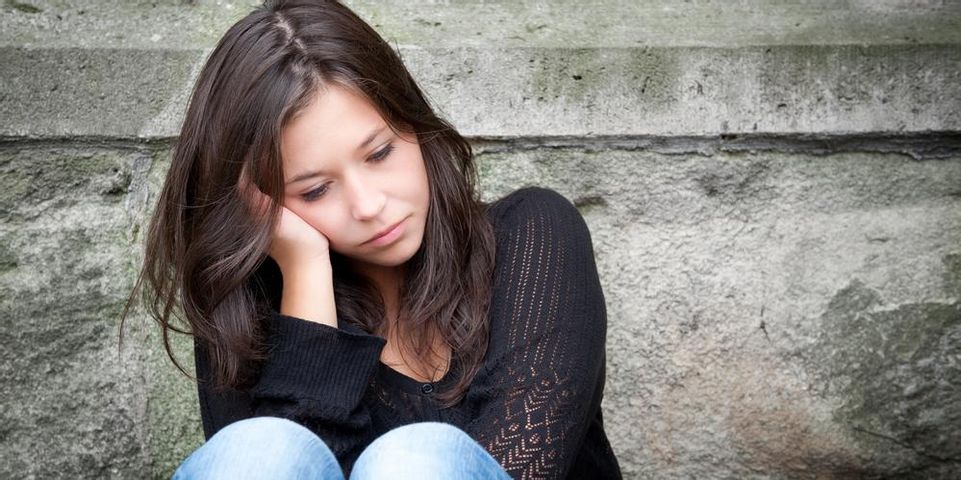What You Should Know About Bipolar Disorder

Bipolar disorder is one of the more common mental illnesses. While the condition has varying degrees and types, it often presents daily challenges – which is why it’s so important to recognize when you show symptoms or believe a loved one may need help. The overview below explains how the disease typically manifests and what treatment options are available.
A Guide to Bipolar Disorder
What Is Bipolar Disorder?
It’s a mental health condition marked by extreme and unexpected mood swings. A person may first be depressed and experience feelings of lethargy or hopelessness and then abruptly change to an energetic state of mania. The durations of these episodes vary from person to person, but may last months or weeks. They may occasionally include intervals of relative stability. The precise cause of bipolar disorder is unknown, but may depend on factors such as genetic predisposition, environmental conditions such as stress or trauma, and drug or alcohol abuse.
What Are the Symptoms?
 Bipolar disorder is a complex condition with a number of symptoms and sub-disorders. Individuals diagnosed with bipolar I disorder have had one hypomanic episode – that is, a mild episode that hasn’t quite reached full-blown mania – or depressive episode that possibly resulted in psychosis. Bipolar II disorder is marked by having both depressive and hypomanic episodes, but never manic. Cyclothymic disorder is when someone has suffered multiple episodes for at least two years.
Bipolar disorder is a complex condition with a number of symptoms and sub-disorders. Individuals diagnosed with bipolar I disorder have had one hypomanic episode – that is, a mild episode that hasn’t quite reached full-blown mania – or depressive episode that possibly resulted in psychosis. Bipolar II disorder is marked by having both depressive and hypomanic episodes, but never manic. Cyclothymic disorder is when someone has suffered multiple episodes for at least two years.
During depressive episodes, there can be weight loss, frequent crying, avoiding social situations, and loss of interest in favorite hobbies or relationships. During mania and hypomania, there will be increased activity, irritability, little sleep, risky behavior, and impulsive decision-making.
How Is It Treated?
Physical and psychiatric exams from a medical professional are needed for diagnosis. In both severe depressive and extreme manic episodes, a risk of self-harm or substance abuse may be present that could necessitate hospitalization. A series of medications and therapy types can be used to treat the disorder. There is no cure for bipolar disorder, so the condition generally requires long-term management. Thankfully, with access to the proper care, many people with the condition are still able to lead healthy, productive, and happy lives.
If you suspect a loved one is living with bipolar disorder or are worried about your own mental health, seek help. The volunteers at Mental Health Association of Rochester/Monroe County have aided New York residents with referrals and services for 85 years, including peer support. Their experts will connect you to the care you need for conditions ranging from general anxiety to bipolar disorder and schizophrenia. Call (585) 325-3145 to speak with a volunteer. Explore their services further online.
About the Business
Have a question? Ask the experts!
Send your question

